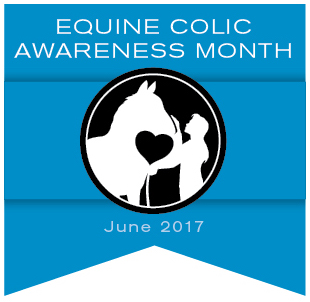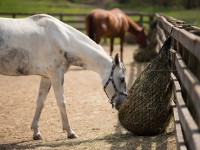
Crusade Against Equine Colic’s mission is to save as many horses as possible from deadly and debilitating bouts of equine colic through educating you – the horse men and women who care for them. This four-part series walks you through the keys to understanding and reducing the risks for GI health related colics in horses. Know your horses’ risk for colic Evaluate your horse for early warning signs Know your horse [ Read More ]
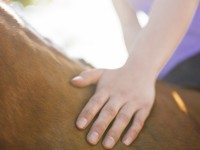
Crusade Against Equine Colic’s mission is to save as many horses as possible from deadly and debilitating bouts of equine colic through educating you – the horse men and women who care for them. This four-part series walks you through the keys to understanding and reducing the risks for GI health related colics in horses. Know your horses’ risk for colic Evaluate your horse for early warning signs Know your horse [ Read More ]
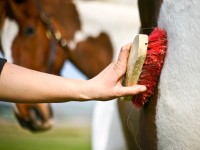
Crusade Against Equine Colic’s mission is to save as many horses as possible from deadly and debilitating bouts of equine colic through educating you – the horse men and women who care for them. This four-part series walks you through the keys to understanding and reducing the risks for GI health related colics in horses. Know your horses’ risk for colic Evaluate your horse for early warning signs Know your horse [ Read More ]
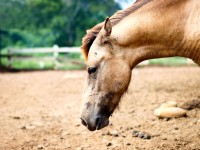
Crusade Against Equine Colic’s mission is to save as many horses as possible from deadly and debilitating bouts of equine colic through educating you – the horse men and women who care for them. This four-part series walks you through the keys to understanding and reducing the risks for GI health related colics in horses. Know your horses’ risk for colic Evaluate your horse for early warning signs Know your horse [ Read More ]
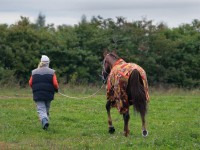
The Crusade Against Equine Colic in Review I was just 9 years old the first time I encountered colic. The previous summer, my mother had purchased an off-track-thoroughbred we named Gandalf, the first horse she’d owned since her college days and the first to become part of our family. Despite having suffered neglect and illness before coming to us, he was a kind, gentle creature content to accept the lavish [ Read More ]

Submitted by Jody Paddy Read the full story on her blog at https://kazzscolicstory.wordpress.com/ My name is Jody and my Irish Sport Horse mare Kazz had and survived colic surgery. I’ll start by giving you some background so you know who I am, and more importantly who Kazz is … My very lovely mother bred a few horses in her time – she had this idea to breed one I would love [ Read More ]

Today, I am an advocate for digestive health in horses because I know how vital it is to performance and overall happiness, in addition to physical wellness. But it wasn’t until the past year or so that I really started to take my horse’s gut health seriously. When My Hard-Keeping Horse Wouldn’t Gain Weight I purchased my young horse off the track, and from the very beginning I had trouble [ Read More ]
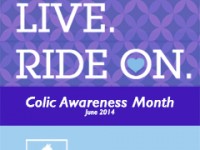
Part 4 of 4 in the 2014 Equine Colic Awareness Month Series While colic in horses is often unavoidable, many colics with unknown causes may be related to poor digestive health, and thus could have been prevented. Scientific research and experience both correlate several common management practices to poor gut health as well as increased colic risk. As care givers and decision makers for our horses, the most important thing [ Read More ]

The article was written by Rebecca Barber, our 2014 “spokes-horseperson” for Colic Awareness Month. What does the theme of this year’s colic awareness month mean to me? “Learn. Live. Ride On.,” means that I strive to surround myself with the best. In an industry filled with opinions and unknowns, finding accurate and reliable information is a top priority. This is one of the many reasons why I love being a [ Read More ]

Part 3 of 4 in the Colic Awareness Month Series As we discussed in the first two articles of this series, the first steps in avoiding colic in your horse are: 1) knowing the factors that increase risk for colic and 2) recognizing the early warning signs of poor gut health that could signal increased colic risk. The next critical step in recognizing colic early, or when poor digestive health [ Read More ]













